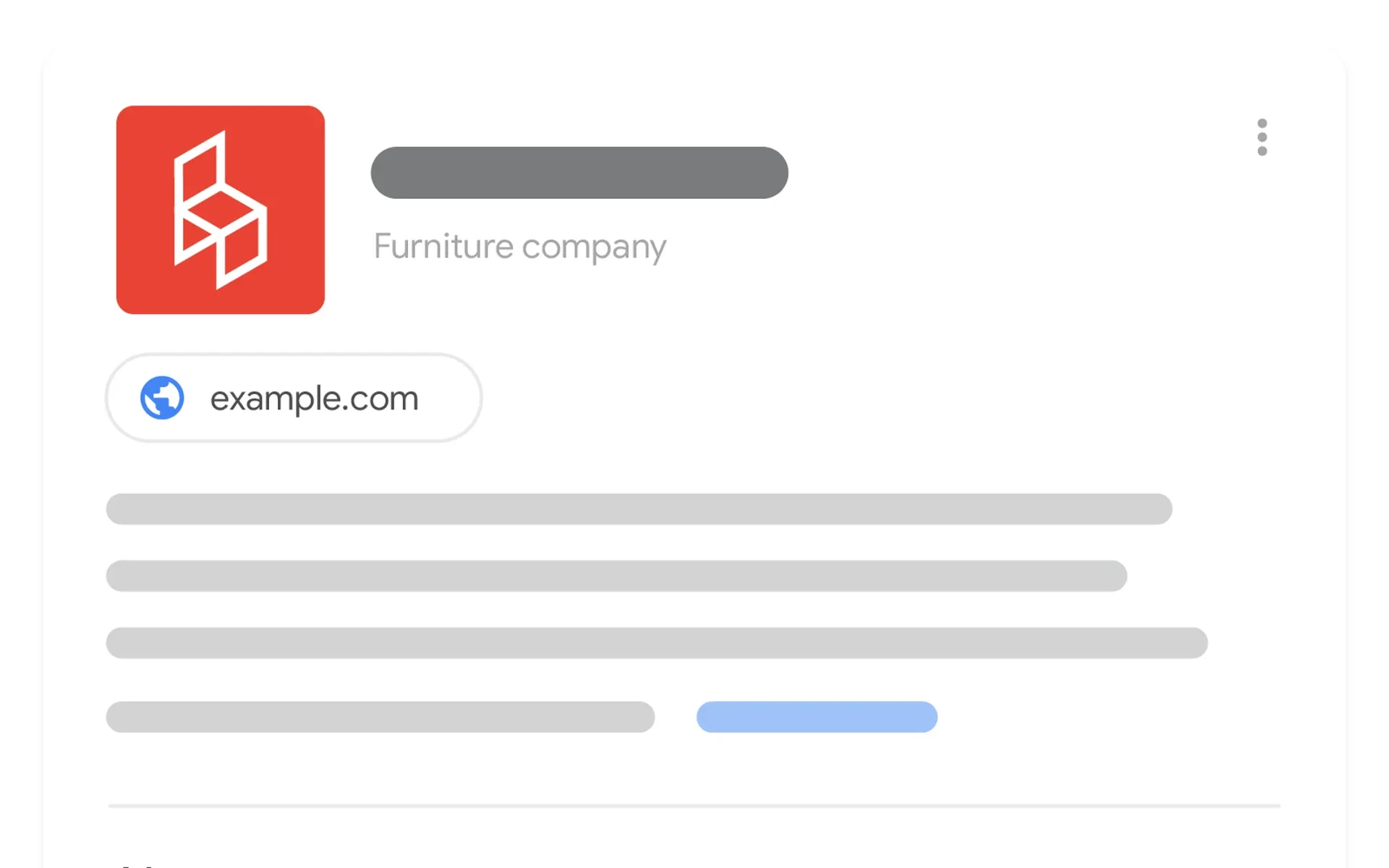Google updates Organization Markup Usage in Search Results
Google clarifies how organization markup influences search results, impacting logos and disambiguation.

This month, in a recent update to its Search Central documentation, Google has provided clearer guidance on how organization structured data is utilized in search results. The announcement, made on August 26, 2024, sheds light on the various ways this markup can impact a company's visibility and representation in Google Search.
According to the updated documentation, adding organization structured data to a website's home page can significantly enhance Google's understanding of an organization's administrative details. This improvement aids in disambiguating the organization from others in search results, potentially leading to more accurate and relevant search outcomes for users.
The clarification highlights that certain properties within the organization markup are employed behind the scenes to distinguish one organization from another. These properties include the 'iso6523' and 'naics' fields, which provide standardized identifiers for businesses across different sectors and countries. While these elements may not be directly visible to users, they play a crucial role in Google's algorithmic understanding of the organization's identity and characteristics.
Importantly, the update also emphasizes that some properties can influence visual elements in Search results. For instance, the 'logo' property can affect which logo is displayed in Search results and the organization's knowledge panel. This visual representation can be particularly valuable for brand recognition and user engagement.
For merchants, the benefits of implementing organization markup extend even further. The documentation now explains that merchants can influence additional details in their merchant knowledge panel and brand profile. These details may include critical information such as return policies, addresses, and contact information. By providing this data through structured markup, merchants can ensure that potential customers have access to accurate and up-to-date information directly from search results.
Google's documentation stresses that there are no required properties for organization markup. Instead, it recommends that website owners and developers add as many relevant properties as possible to their organization's structured data. This approach allows for a more comprehensive representation of the organization in search results and potentially improves the quality of information available to users.
The update also provides guidance on implementation. It suggests placing the organization markup on the website's home page or a single page that describes the organization, such as an 'About Us' page. This placement ensures that Google can easily find and interpret the structured data.
For more specific types of organizations, such as online stores or local businesses, Google recommends using the most specific schema.org subtype of Organization that matches the entity. For example, an e-commerce site might use the 'OnlineStore' subtype, while a restaurant could use a subtype of 'LocalBusiness'. This specificity allows for more tailored representation in search results.
The documentation update includes detailed examples of how to implement organization markup using JSON-LD code. These examples cover both general organization information and specific cases like online stores with return policies. The provided code snippets serve as valuable references for developers and webmasters looking to implement or update their organization markup.
Google's clarification on the use of organization markup underscores the company's ongoing efforts to improve the quality and relevance of search results. By providing more detailed guidance on how this structured data is used, Google aims to empower website owners to better represent their organizations in search results, potentially leading to improved visibility and user engagement.
Key facts
The update was made on August 26, 2024.
Organization markup can influence both behind-the-scenes disambiguation and visible elements in search results.
Properties like 'iso6523' and 'naics' are used for organization disambiguation.
The 'logo' property can affect visual representation in Search results and knowledge panels.
Merchants can influence details such as return policies, addresses, and contact information in their knowledge panels.
There are no required properties for organization markup; Google recommends adding all relevant properties.
The markup should be placed on the home page or a dedicated page about the organization.
Specific subtypes of Organization should be used for more accurate representation (e.g., OnlineStore, LocalBusiness).
Detailed examples of JSON-LD code for implementation are provided in the documentation.

